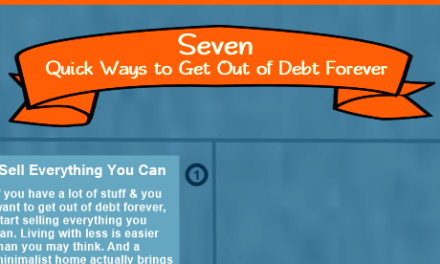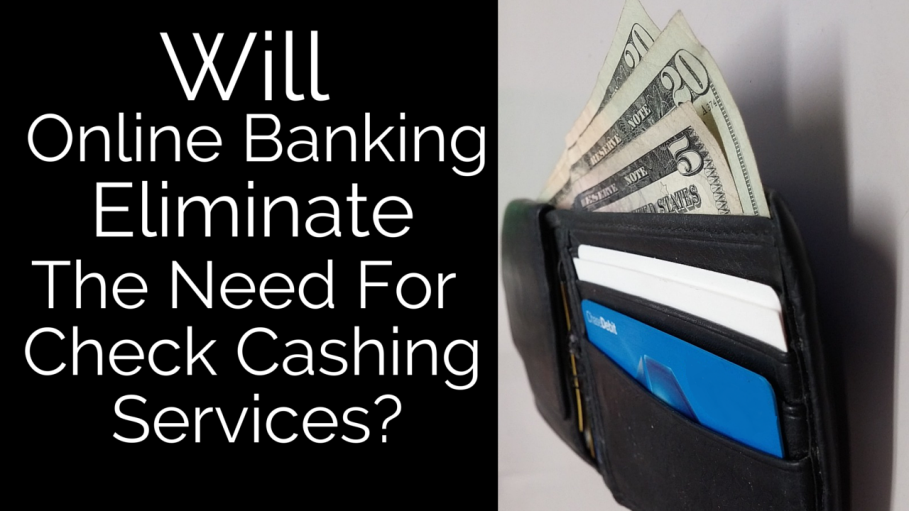You probably think you’re on top of your finances because you manage to — well, barely — keep yourself out of debt. While you might be living from paycheck to paycheck, you’re still able to keep your head above water. Does that mean everything’s fine where your finances are concerned?
Disturbing findings from the 2012 Consumer Financial Literacy Survey claim otherwise. Only 59% of adults have money in their savings account and 25% say they are spending more now than they did in 2011. Simply put, people aren’t saving enough money, yet they still continue to spend more. Are you one of those people?
Is it time to review your financial habits?
The things you consider perfectly normal might actually be harming you and your bank account — not to mention your future. Here are five dangerous money mistakes you ought to avoid at all costs:
Buying A Home Because It’s “Expected Of You”
Most people set goals based on what society expects of them. You’re expected to graduate from college, find a good job, get a car, get married, and buy a home — among other things. Milestones and goals are great.
However, if you buy a house just because it’s “expected of you”, then you’re setting yourself up for trouble. A home is a serious and burdensome investment. You don’t just pay for the house itself. You’ll have to pay your taxes, fees, insurance, and on-going maintenance.
It’s not that you should never buy a home; it’s that you should buy a home only when you’re sure it is the right time for you and you’re ready. Don’t go into something just because society expects it of you.

“Hope for the best, but prepare for the worst.”
Paying Only The Minimum Of Your Credit Card Debt
All credit card companies inform you of the minimum amount due on your account and you are expected to pay at least that amount each month. Although this is allowed, the truth is that if you stick to paying only the minimum, you’ll end up not paying off your debt ever.
Take note of the interest rate. The remaining amount you don’t pay off each month will be subject to the interest rate. Eventually, your debt — and the interest — will keep accumulating until you’re buried in credit card debt.
This means you’ll never be able to get rid of your credit card debt. It’s a burden you’ll have on your back for a long time, and can damage your credit score.
Not Doing Your Research
When it comes to financial decisions, taking the time to do the necessary research can have a massive influence on your financial future. Especially when it comes to borrowing money.
Regardless of people’s financial situations, most of us will take out a mortgage or perhaps finance a vehicle, and even take out a small cash loan to hold us over from time to time. Regardless of the amount of your loan, you need to take the time to fully understand the terms, interest rates, and anything else that sometimes can be hidden in the fine print. Thankfully there are some resources to help navigate these waters. In particular, Smarter Loans is Canada’s Loan Directory, who’s mission is to make it convenient and safe to deal with lending companies in Canada. They do the due diligence on the loan companies that are listed on the website, and clearly highlight their terms, interest rates, qualifications, even customer reviews.
Not Paying Yourself First
What does it mean to pay yourself first? It simply means that before spending on anything else, you should put aside a portion of your earnings into your personal savings. As mentioned earlier, a significant portion of society does not prioritize saving money for a rainy day.
Usually, people argue that they barely have enough to make ends meet, so it’s impossible to save. In truth, saving even just a small amount each month is enough. With the power of compound interest, your savings will be quite substantial over time.
Start by creating a budget. List down all your bills and the payments you definitely have to make each month. From the leftover amount, decide how much you can save. This is the amount you have to move to your savings account each time you get your paycheck — before you spend on anything else. In fact, it would help if you set up an automatic transfer each month to make it quick and pain free.
Spending Beyond Your Means
One common money trap is the belief that you have to keep upgrading your lifestyle. You might think that getting a promotion means you have to start living a “certain” way.
Unfortunately, just because you’re a vice president now doesn’t mean you have to flaunt your wealth or wear certain brands in order to be taken seriously.
A financial boost should mean more savings, not more expenses.
Always make sure that you’re not spending beyond your means. If you’re spending within your means but you’re not saving enough, that still isn’t a balanced financial lifestyle.
Pay off all your bills, save money, and only then will you be able to identify how much you have available for extra expenses.
It may seem like a sacrifice, but it’s better to tighten your belt now than suffer the consequences later. As well, apart from your savings, it’s a good idea to have a rainy day fund. The worst things happen when we least expect it. You can’t always prevent them, but you can be prepared. It’s therefore necessary to have some money stashed away that will keep you afloat should something unexpected happen.





